What is an explicit learning strategy to periodically update the theory of change?
An evaluation in itself is unlikely to lead to real learning and improvements in implementation without an explicit learning strategy. Plan for how the complex initiative can take proactive steps to learn from the information that is gathered, and improve the performance over time. A learning framework can identify the types of learning that are relevant to the initiative. As example, some types of learning that are relevant for evaluations of community initiatives include:
- Organizational learning: what organizational structures are needed to support the coordination of programs and policies to support the initiative, and what are the “active ingredients” of the complex initiative?
- Process learning: What were the challenges of moving from the strategic plan to implementation, and from implementation to sustainability? What is the “collaborative advantage”, if any, and does this change over time?
- Risk landscape of individuals: How was the intervention used to learn about the multi-level risk and protective factors associated with individual outcomes? Is there evidence that such risks are “malleable” and are impacted by a coordinated partnership approach? Are there demonstrable impacts with individual outcomes?
- Update the theory of change based on learning. Share what you have learned both within your team and others. Learning can occur through the consideration and reflection on the evidence gathered through monitoring and evaluation efforts. Communicate broader learning to other initiatives that may not be as advanced or influential.
![]()

